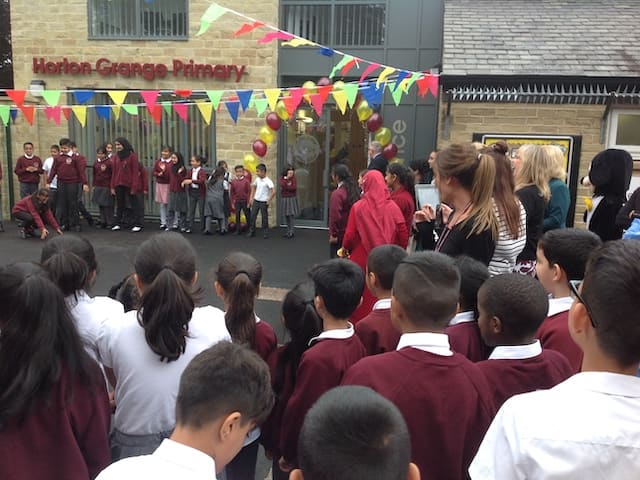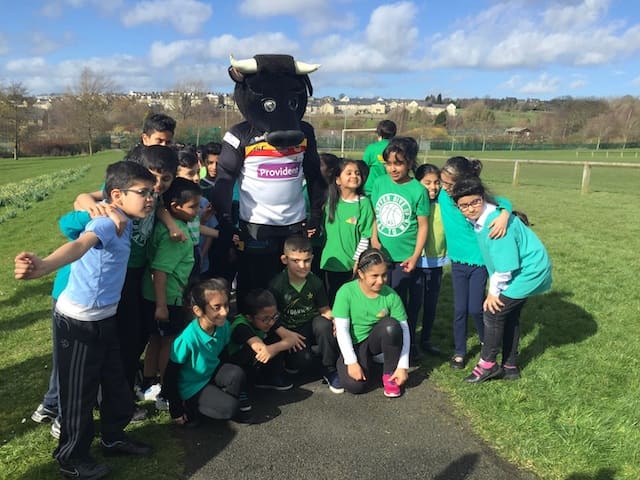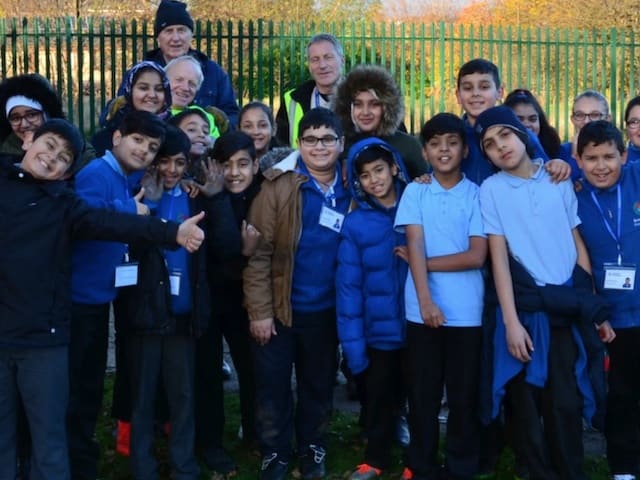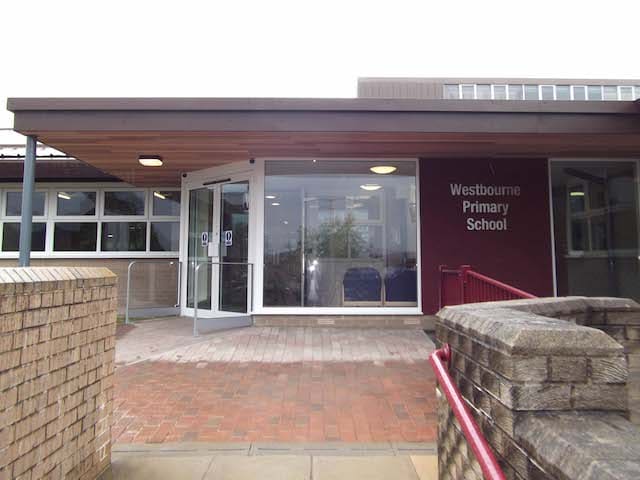The government decides what all children must learn in school.
This is called the ‘National Curriculum’.
The National Curriculum in England is organised into four ‘key stages’.
It does not include the first year of school – Reception Class
Key Stage 1
The KS 1 national curriculum is taught to children aged between 5 and 7, in Years 1 and 2.
At the end of Year 2, children have national tests (Standardised Assessment Tasks), usually called SATs. These tests assess the academic ability of children in the key subjects of maths and English. The class teacher also assesses how well each child is doing. Parents get a report of the teacher assessments. Parents can also ask the school to send them the SAT test results. SATs are not ‘pass’ and ‘fail’. They are for the government to measure national standards of learning. They can also help schools to decide how well each pupil is doing.
Key Stage 2
The KS2 national curriculum is taught to children aged between 7 and 11, in Years 3 to 6.
At the end of Year 6, children have their KS2 SATs tests. In the final year at primary school, teachers focus on ensuring that children know and understand all of the previous years of education. The tests assess children’s abilities in reading, maths, spelling, punctuation and grammar. The tests are taken in May. Parents get the results, plus the teacher assessments, in July. Children leave their primary school in July of Year 6.
Key Stage 3
Children start secondary school in September when they are 11.
KS3 is taught to students aged between 11 and 14, in Years 7 to 9.
KS3 covers the first three years of secondary education. The curriculum at this stage includes many statutory subjects, including religious education and sex education. There are no national SATs tests at the end of KS3. Instead, there are formal teacher assessments in all of the key subjects.
Key Stage 4
KS4 is taught to students aged 14 to 16 in School Years 10 to 11.
This is the final stage of the school curriculum. The assessment for KS4 involves GCSE examinations (General Certificate of Secondary Education), or other national qualifications.
After Key Stage 4
All young people aged 16 to 18 must be in education, training, or employment with training. Most people aged between 16 and 18 choose to study A-levels (Advanced GCE) or other courses at Key Stage 5, in a school (School Years 12 and 13). Or, if a young person leaves school at 16, they can choose to :
- stay in full-time education, for example at a college
- start an apprenticeship or traineeship
- spend 20 hours or more a week working or volunteering, while in part-time education or training
| Age on 1st September | School Year | Key Stage | Start / Leave School | Level of schooling |
|---|---|---|---|---|
| Age 3 | Nursery/Pre-school | Foundation Stage | ||
| Age 4 | Reception | You can start school in September after 4th birthday. Maybe a mid-year start. You must start school by September after 5th birthday. | Primary School | |
| Age 5 | Year 1 | Key Stage 1 | ||
| Age 6 | Year 2 | Key Stage 1 | ||
| Age 7 | Year 3 | Key Stage 2 | ||
| Age 8 | Year 4 | Key Stage 2 | ||
| Age 9 | Year 5 | Key Stage 2 | ||
| Age 10 | Year 6 | Key Stage 2 | ||
| Age 11 | Year 7 | Key Stage 3 | You change schools in September after 11th birthday. | Secondary School |
| Age 12 | Year 8 | Key Stage 3 | ||
| Age 13 | Year 9 | Key Stage 3 | ||
| Age 14 | Year 10 | Key Stage 4 | ||
| Age 15 | Year 11 | Key Stage 4 | ||
| Age 16 | Year 12 | Post-16 | School or College or Work | |
| Age 17 | Year 13 | Post-16 | Till aged 18, you must be in education, training, employment (e.g., apprenticeship) | |




